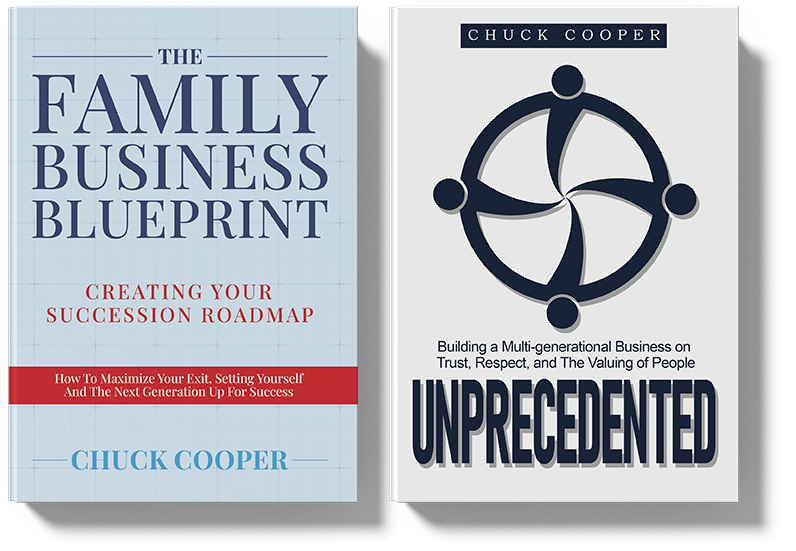A family business constitution is a foundational document that outlines the principles, values, and operating guidelines for a family-run company. It serves as a roadmap, helping to align family members’ goals and expectations while offering a framework for governance, conflict resolution, and succession planning. Ultimately, it helps demystify business operations that can sometimes be complicated because of family dynamics—and ensuring this document is well-structured is essential for long-term business success and family harmony.
Understanding the Purpose of a Family Business Constitution
The primary purpose of a family business constitution is to establish a key set of shared values and vision that guide decision-making and behavior within the business. It clarifies roles and responsibilities, ensuring that everyone knows their contributions and the expectations set for them.
Another crucial aspect of a family business constitution is its role in conflict resolution. After all, it’s quite common for family members to have differing opinions or approaches to business, which can lead to tension. Therefore, a constitution provides pre-established guidelines for addressing disputes… and realizing an environment based on open communication. Furthermore, it supports succession planning by outlining how leadership transitions will occur, confirming continuity as the company is handed off from one generation to the next.
Key Components of a Family Business Constitution
When crafting a family business constitution, consider these key parts:
- Family Mission Statement: This statement articulates the family’s core values and vision for the company. It should reflect what the family stands for and what they hope to achieve, serving as a guiding light for all decisions that are made.
- Governance Structure: A clear governance structure defines roles for both family and non-family members involved in the business. Creating a board or advisory committee can help manage business affairs more effectively and invite outside perspectives.
- Policies on Employment: Guidelines for hiring family members can prevent potential nepotism and attract top external talent. Additionally, the constitution should include policies for performance evaluations and accountability measures—and this should be inclusive of family members.
- Decision-Making Processes: Outlining how decisions are made is key for maintaining efficiency and reducing conflicts. This might entail who has final authority on specific issues and how family members can participate in discussions.
- Conflict Resolution Mechanisms: This document should also offer guidance on how disputes among family members are handled—and emphasize the importance of mediation and open dialogue.
- Succession Planning Guidelines: Planning for leadership transitions is vital for the sustainability of the business. The constitution should outline how future leaders are chosen and prepped for their roles.
A Family Business Constitution is a Living Document
As with any sort of business planning document or tool, a family business constitution is not a “set it and forget it” type of endeavor. Rather, it is a best practice to establish a schedule for regular reviews and updates. After all, family businesses evolve—just like any sort of organization. Therefore, the constitution should be adapted to sync with changing market demands, goals, and circumstances.
Creating a family business constitution is a proactive step toward ensuring that family-run enterprises thrive, and a legacy is realized. WhiteWater Consulting would love to help you instill a sense of purpose and direction in your family’s company. Reach out to our team directly for more support!


